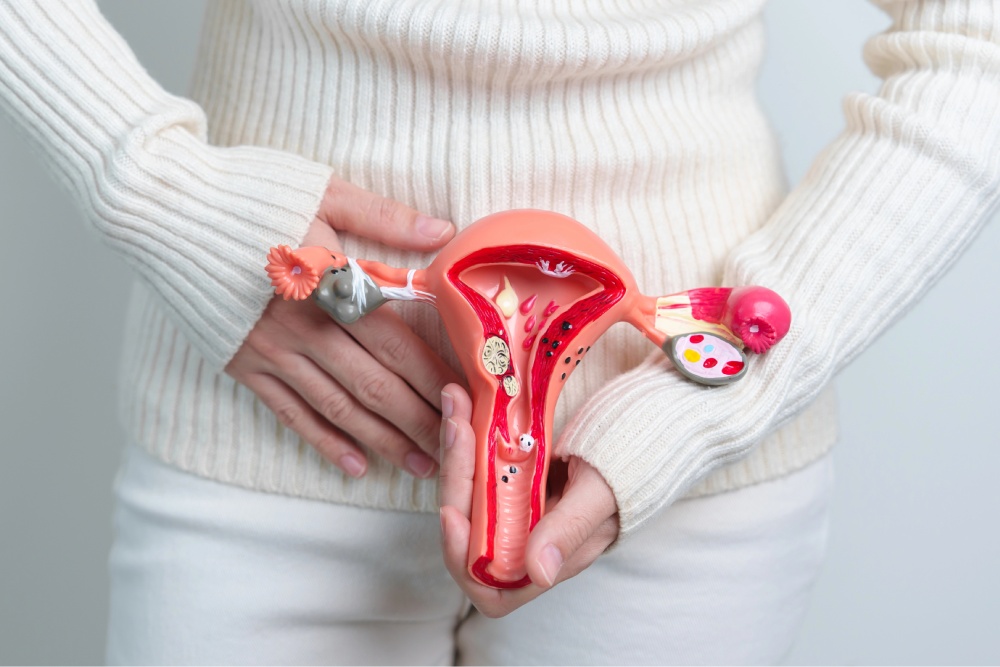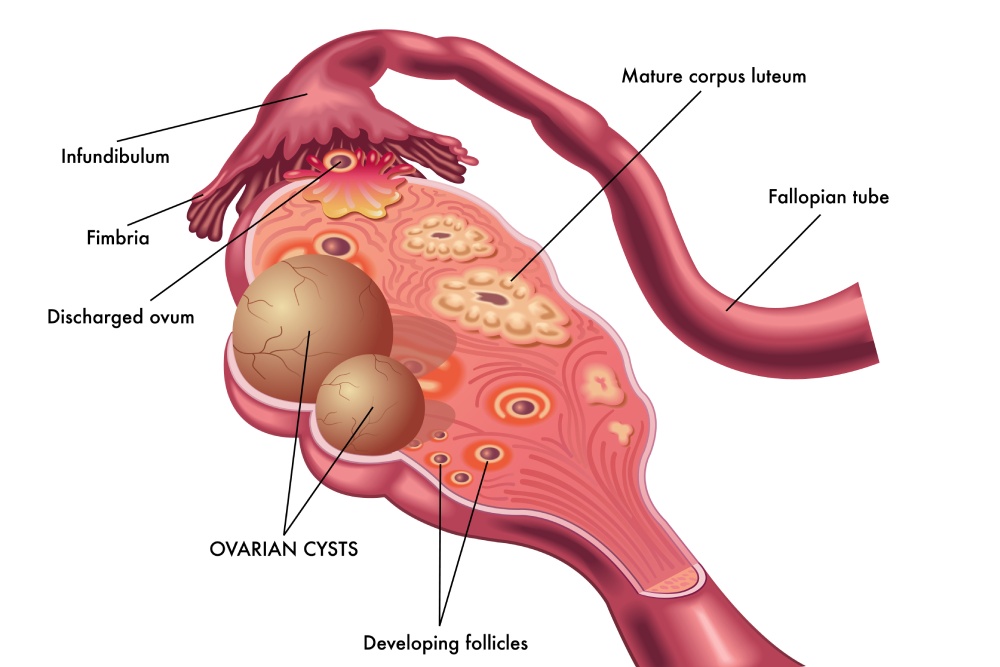
Surgical Solutions: Exploring Hysterectomy As A PCOS Treatment
Polycystic Ovary Syndrome affects millions of women worldwide, often bringing challenges like irregular periods, hormonal...
Read MoreHeavy bleeding during periods, also known as menorrhagia, can greatly interfere with your daily life. While periods are occasionally a hassle, menorrhagia takes it a step further. You might have to stop often to change pads or tampons, suffer from heavy cramping, and even experience anemia-like symptoms every month.
Abnormal menstrual bleeding should be taken seriously, and your OB/GYN should be your first avenue of advice, support, and treatment. The Women’s Center has multiple locations in central Florida, and each is staffed with doctors experienced in these issues. They offer a listening ear to all of their patients, and they can both determine the cause and treat your heavy periods.
Some women with menorrhagia don’t realize how heavy their periods are until they talk with someone who has a more normal flow and their experiences come into context. Signs that you might be suffering from abnormally heavy flows include:
Having periods this heavy is not normal, and it can be a sign that something is wrong.
Heavy periods can be caused by something as benign as birth control or by serious issues like cancer. It’s extremely difficult to diagnose yourself from home, so make sure to speak to your OB/GYN and have some tests done. Some of the problems behind heavy periods include:
Menorrhagia during pregnancy or abnormal bleeding accompanied by fever or chills also are not normal, and you should seek immediate medical care.
The first step to finding relief for heavy periods is determining the cause. Your doctor will ask you plenty of questions, so it’s best to keep a log of your period. This log should note how many days of bleeding, the intensity of the cramping, and how many sanitary products you needed to contain it comfortably.
From there, your OB/GYN may perform some tests, which can range from typical procedures like a pelvic exam and Pap smear to an ultrasound. The results can help your doctor get a better idea of what’s wrong. Treatment for uterine issues can include anything from adding or changing birth control to procedures like hysterectomies and endometrial ablation.
If you’re suffering from heavy menstrual bleeding and want answers, book a consultation with the specialists at The Women’s Center. You can contact us by calling one of our locations or by scheduling a visit online.




Polycystic Ovary Syndrome affects millions of women worldwide, often bringing challenges like irregular periods, hormonal...
Read More
Ovarian cysts after menopause may seem uncommon, but they can still develop even when the...
Read More
Uterine fibroids are one of the most common benign growths affecting women. By age 50,...
Read More